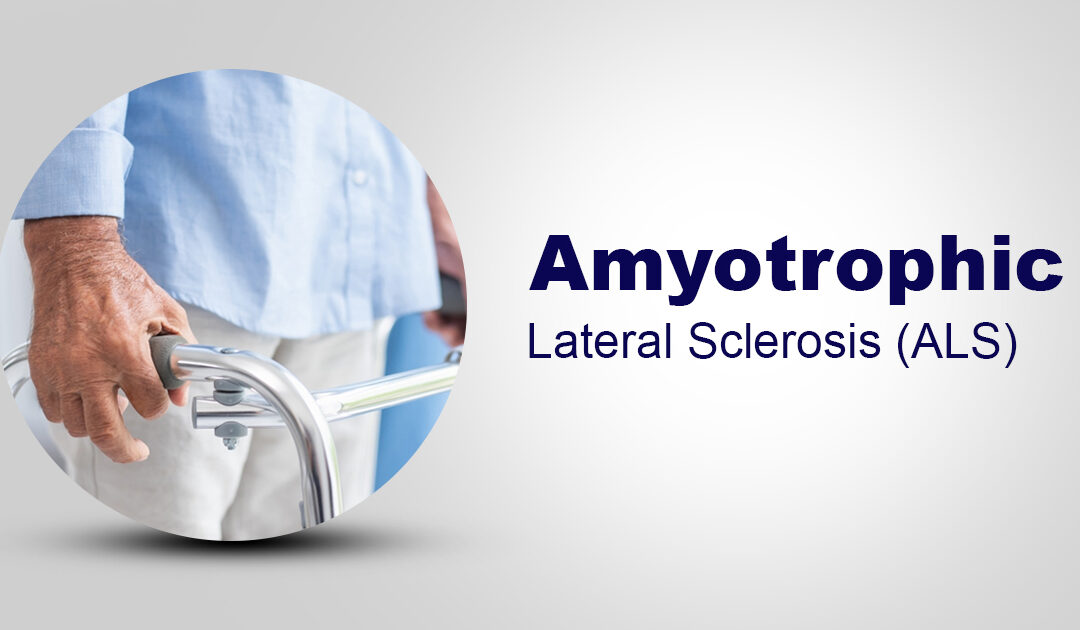Amyotrophic lateral sclerosis, or ALS, is a nervous system disorder that affects nerve cells in the brain and spinal cord. ALS causes muscular paralysis. The condition worsens over time. ALS is also known as Lou Gehrig’s Disease. The specific cause of the condition remains unknown.
ALS frequently begins with muscular twitching and weakening in one arm or leg, as well as difficulty swallowing or garbled speech. ALS eventually impairs muscle control, causing difficulty moving, speaking, eating, and breathing. This deadly disease has no cure.
Symptoms of Amyotrophic Lateral Sclerosis:
The symptoms of ALS differ from person to person. Symptoms vary according to which nerve cells are impacted. Some of the symptoms of ALS include:
- Difficulty walking or performing regular chores.
- Trips and falls.
- Hand weakness or clumsiness.
- Slurred speech or difficulty swallowing.
- Weakness in the legs, foot, and/or ankles.
- Unexpected crying, laughter, or yawning.
- Mental or behavioural changes.
- Weakness due to muscle spasms and twitching in the arms, shoulders, and tongue.
ALS commonly begins in the hands, feet, arms, or legs. Then it spreads to other places of your body. Muscles lose strength as more nerve cells die. The early stages of ALS are usually painless. Pain is also uncommon in later phases. ALS seldom affects bladder control. It normally has little effect on the senses, including the ability to taste, smell, touch, and hear.
ALS damages the nerve cells that regulate voluntary muscle movements like walking and talking. ALS causes motor neurons to gradually degrade and then die. When motor neurons get destroyed, they stop delivering messages to the muscles. As a result, muscles are unable to operate. A genetic cause can be found for approximately 10% of ALS patients. The reason for the remaining incidents is unknown.
ALS, often known as Lou Gehrig’s Disease, is a persistently progressing illness that deprives people of muscle control. Although the reason is unknown and there is no cure, research is progressing. You can get involved in the struggle! Donate to organizations that promote ALS research, donate your time to assist patients and families, or simply raise awareness.

